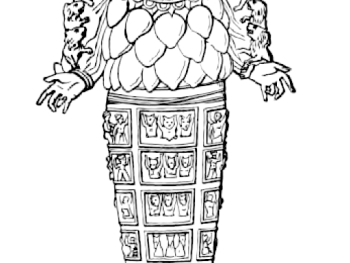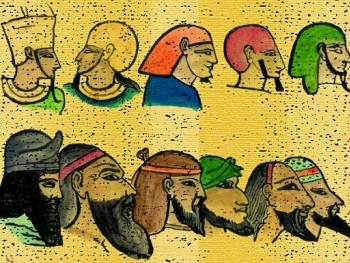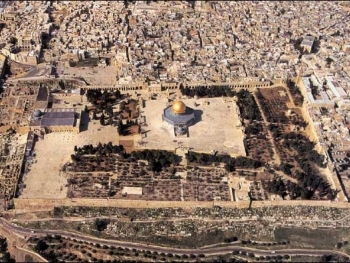Mesopotamia, mentioned in the Bible, refers to an ancient region located in present-day Iraq and parts of Syria and Turkey. The term "Mesopotamia" means "land between rivers" in Greek, as the region is situated between the Tigris and Euphrates rivers.
In the Bible, Mesopotamia is mentioned in various passages, particularly in the Old Testament. For example, in Genesis 24:10, Abraham sends his servant to find a wife for his son Isaac from among his relatives in "the city of Nahor in Mesopotamia." This indicates that Nahor, a city associated with Abraham's family, was located in the broader region of Mesopotamia.
Additionally, the book of Daniel provides accounts of events that took place during the Babylonian exile when the Israelites were taken captive to Babylon, which was situated within the Mesopotamian region.
Mesopotamia holds great significance in biblical history as it was home to several ancient civilizations, including the Sumerians, Babylonians, and Assyrians. The region witnessed the rise and fall of powerful empires, the development of advanced writing systems, such as cuneiform, and the birth of key figures and events mentioned in the Bible.
By understanding the geographical and historical context of Mesopotamia, we gain insights into the cultural, social, and political dynamics that shaped the biblical narrative. It provides a backdrop for understanding the interactions and influences between the Israelites and the surrounding ancient civilizations, highlighting the broader historical and cultural context of biblical events.












